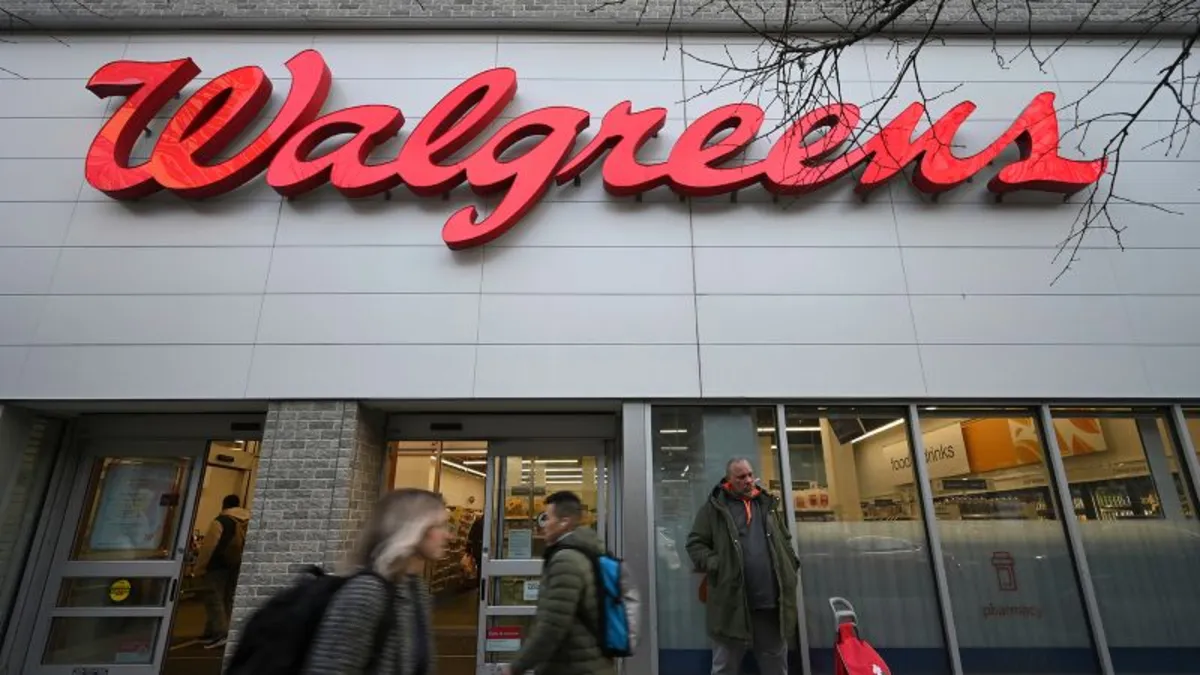
In a significant development, Walgreens has reached a settlement agreement totaling up to $350 million with the US Department of Justice. This settlement comes in response to allegations that the nationwide pharmacy chain illegally filled millions of prescriptions for opioids and other controlled substances over the past decade. The agreement, finalized last Friday, mandates that Walgreens pay at least $300 million to the government, with an additional $50 million contingent on any future sale, merger, or transfer of the company before 2032.
The lawsuit, filed in January in the US District Court for the Northern District of Illinois, accuses Walgreens of knowingly dispensing millions of unlawful prescriptions for controlled substances between August 2012 and March 2023. These prescriptions reportedly included excessive amounts of opioids and were often filled well before their prescribed time. “We strongly disagree with the government’s legal theory and admit no liability,” stated Walgreens spokesperson Fraser Engerman. He emphasized that this resolution enables the company to conclude all opioid-related litigation with various government entities while focusing on its turnaround strategy.
Amid declining store visits and diminishing market share, Walgreens announced in October that it would close 1,200 stores nationwide. The situation reflects broader challenges facing the pharmacy sector, highlighted by Rite Aid's bankruptcy filing in late 2023. Furthermore, the US Department of Justice has also filed a similar complaint against CVS, indicating a widespread investigation into pharmacy practices related to opioids.
The government’s complaint alleges that Walgreens pharmacists filled prescriptions despite evident red flags indicating the likelihood of their invalidity. Furthermore, the company reportedly pressured pharmacists to fill these prescriptions rapidly. The complaint suggests that Walgreens’ compliance officials ignored substantial evidence of unlawful prescriptions and failed to provide critical information regarding opioid prescribers to pharmacists. Consequently, Walgreens allegedly sought payment for many of these invalid prescriptions through Medicare and other federal healthcare programs, violating the False Claims Act.
In light of the recent settlement, the US Department of Justice has moved to dismiss its complaint against Walgreens. Attorney General Pamela Bondi emphasized the legal responsibility pharmacies have in dispensing controlled substances safely and professionally, stating, “This Department of Justice is committed to ending the opioid crisis and holding bad actors accountable for their failure to protect patients from addiction.”
Walgreens has also entered into an agreement with the Drug Enforcement Administration (DEA) to enhance its compliance with regulations surrounding the dispensing of controlled substances. This agreement includes maintaining policies that require pharmacists to verify the legitimacy of prescriptions and implementing a system to block prescriptions from suspicious prescribers. Additionally, Walgreens is collaborating with the US Department of Health and Human Services to develop a comprehensive compliance program featuring training, board oversight, and regular reporting regarding its dispensing practices.
The settlement addresses four cases initiated by whistleblowers who were former Walgreens employees. In 2022, CVS and Walgreens collectively agreed to pay over $10 billion in a multi-state settlement related to lawsuits addressing the impact of the opioid crisis. As the opioid epidemic continues to challenge public health, the role of pharmacies is under increasing scrutiny, with a collective expectation that they will actively prevent the illegal distribution of harmful substances.